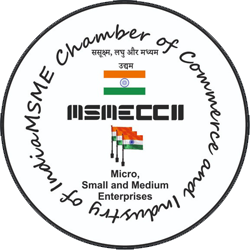We have a long history of using soaps, detergents, and other agents for cleaning household things. Having used it daily, most of us might never have paid attention to what they are made up of or what impact it leaves on the environment.
Thankfully, there is a brand, widely known for making consumer goods that took the green approach and developed a cleaning product, right out of industrial carbon emissions. The brand is none other than your most preferred for all your cleaning needs, the Unilever.
Working alongside LanzaTech, the carbon Recycle Company and India Glycols, a producer of green-technology chemicals, Unilever successfully produced the world's first laundry capsule, containing surfactants made of industrial carbon emissions.
Many household cleaning and laundry items contain surfactants, which are responsible for the foam and cleaning action. They're usually made from fossil fuels, but thanks to the new method, Unilever can now make them from recycled carbon.
“Recycled carbon is a key form of renewable carbon and is essential to eliminating the use of fossil fuels. A recent report published by the Nova Institute and Unilever in April 20211 estimates that demand for fossil-derived chemicals will more than double by 2050. Renewable carbon production will need to increase by a factor of 15 by 2050 to phase out the use of fossil carbon in consumer products.” as stated by Unilever.
Here is how the product is developed!
The procedure for making the surfactant capsule is divided into three stages.
1. At first, LanzaTech traps the industrial pollution from a Beijing steel mill and turns the waste gases into ethanol.
2. The ethanol is then converted into ethylene oxide, which is used to produce a variety of ingredients, including surfactants, by India Glycols.
3. In the third stage, at the Unilever factory in Hefei, China, the surfactant is used to make new OMO (Persil) laundry capsules.
When compared to the conventional fossil-fuel process, LanzaTech's method for producing ethanol from captured carbon reduces greenhouse gas emissions by 82 percent.
The launch of the latest limited edition of OMO capsules on April 22 – at no additional cost to customers – in China marked the first time that the cleaning product has introduced a surfactant made from captured carbon emissions.










Leave a reply